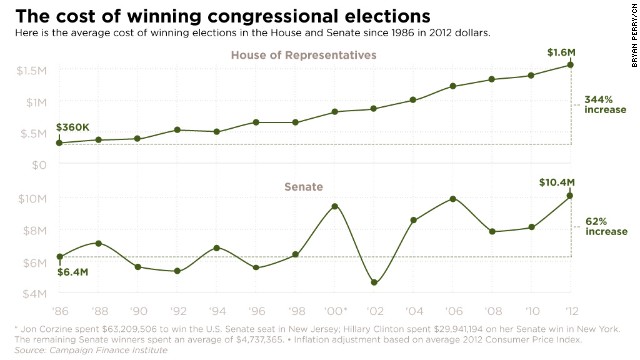When citing a work, make sure you put the words in context.
Sometimes the defenders of freedom must show patience as well as resolution. But that patience comes of confidence, not compromise. We believe, with Alexander Hamilton, that the "spirit of commerce" has a tendency to "soften the manners of men."
Inherent limitations of Congress:
- Except in simulation, legislation is slow. (And swift action is not necessarily smart action.)
- In a body resting on geographic representation, parochialism is inevitable. (And it is often legitimate.)
- A multi-member, bicameral institution will have a hard time planning. (And planning is overrated.)

Reform proposals:
- End the Tuesday-to-Thursday club.
- Return to regular order and limit restrictive rules.
- Change filibuster rules.
JFK on the complexity of courage:
- The pressure to "go along" -- but we "should not be too hasty in condemning all compromise as bad morals."
- The pressure to seek reelection -- but lawmakers "who go down to defeat in a vain defense of a single principle will not be on hand to fight for that or any other principle in the future."
- The pressure to serve interest groups -- but "they are the articulate few whose views cannot be ignored and who constitute the greater part of our contacts with the public at large, whose opinions we cannot know..."
On January 12, 1991, House Speaker Tom Foley (D-WA) and Republican Leader Bob Michel (R-IL) spoke about the impending Gulf War. Click for video of their remarks, so you can see what grownups look like:


















